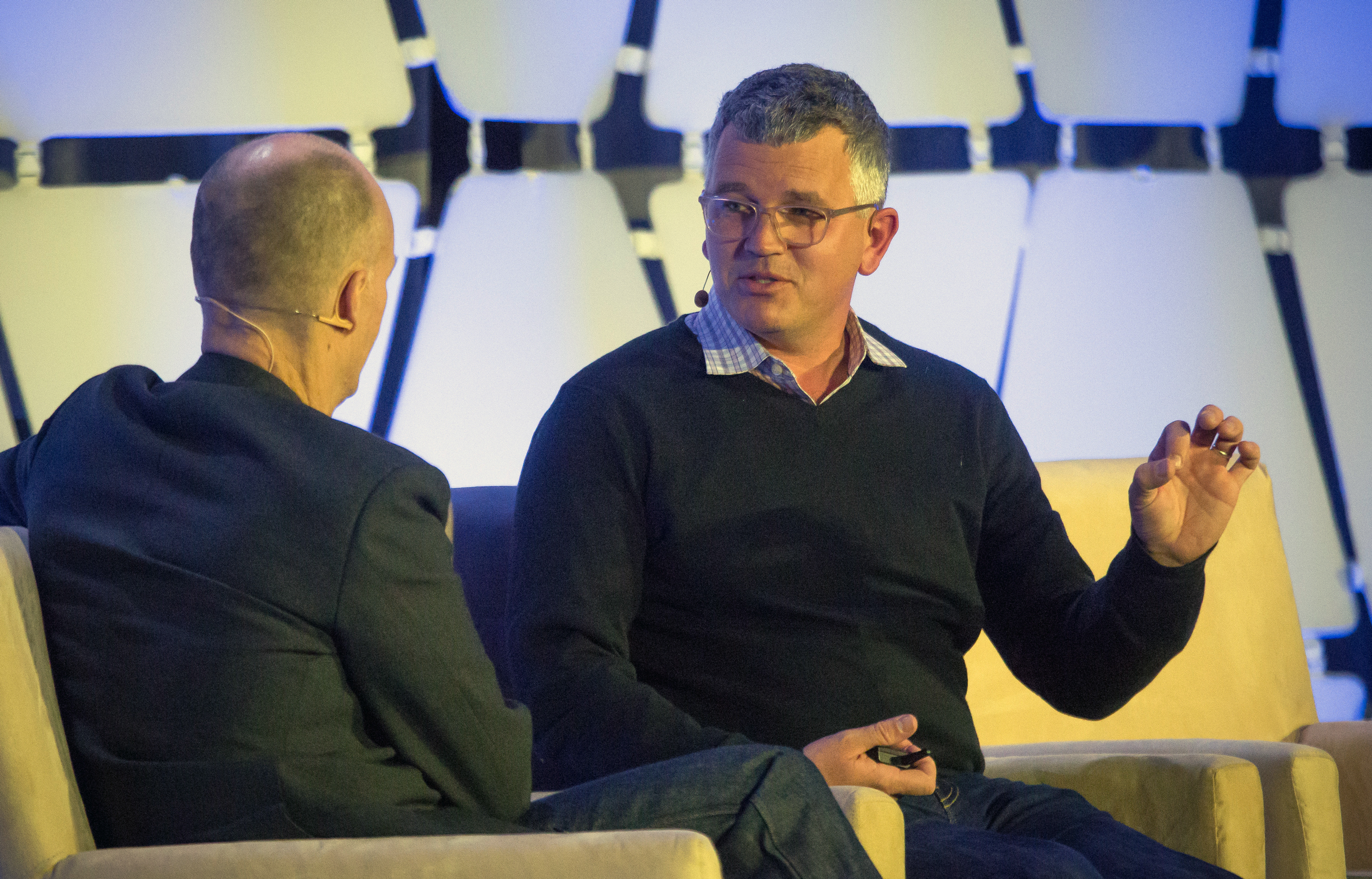Hear the Guy Behind Google’s AI Music and Art Project Explain How Deep Learning Is Reshaping Sounds and Images

While many of his colleagues at Google are busy working on things like search, Web browsing, or mobile software, Douglas Eck spends a lot of time thinking about how to use computers to make music that sounds as natural as a pianist tickling the ivories.
Eck is a research scientist on the Google Brain team, heading up Magenta—an open-source research project that’s making music and art with machine learning. And while his work may not sound like the typical task for the company, he thinks that given music’s complexity, making progress on using AI in the creative process could bleed over into other areas, too.
In this interview with MIT Technology Review, Eck discusses Magenta researchers’ efforts to use deep learning to create entirely new sounds and plays some music created via Magenta. He also discusses what it means to use AI in the creative process, and whether art can really be original if it’s made with the help of a computer trained on, for instance, the entire history of Madonna songs.
Keep Reading
Most Popular
Large language models can do jaw-dropping things. But nobody knows exactly why.
And that's a problem. Figuring it out is one of the biggest scientific puzzles of our time and a crucial step towards controlling more powerful future models.
How scientists traced a mysterious covid case back to six toilets
When wastewater surveillance turns into a hunt for a single infected individual, the ethics get tricky.
The problem with plug-in hybrids? Their drivers.
Plug-in hybrids are often sold as a transition to EVs, but new data from Europe shows we’re still underestimating the emissions they produce.
Stay connected
Get the latest updates from
MIT Technology Review
Discover special offers, top stories, upcoming events, and more.